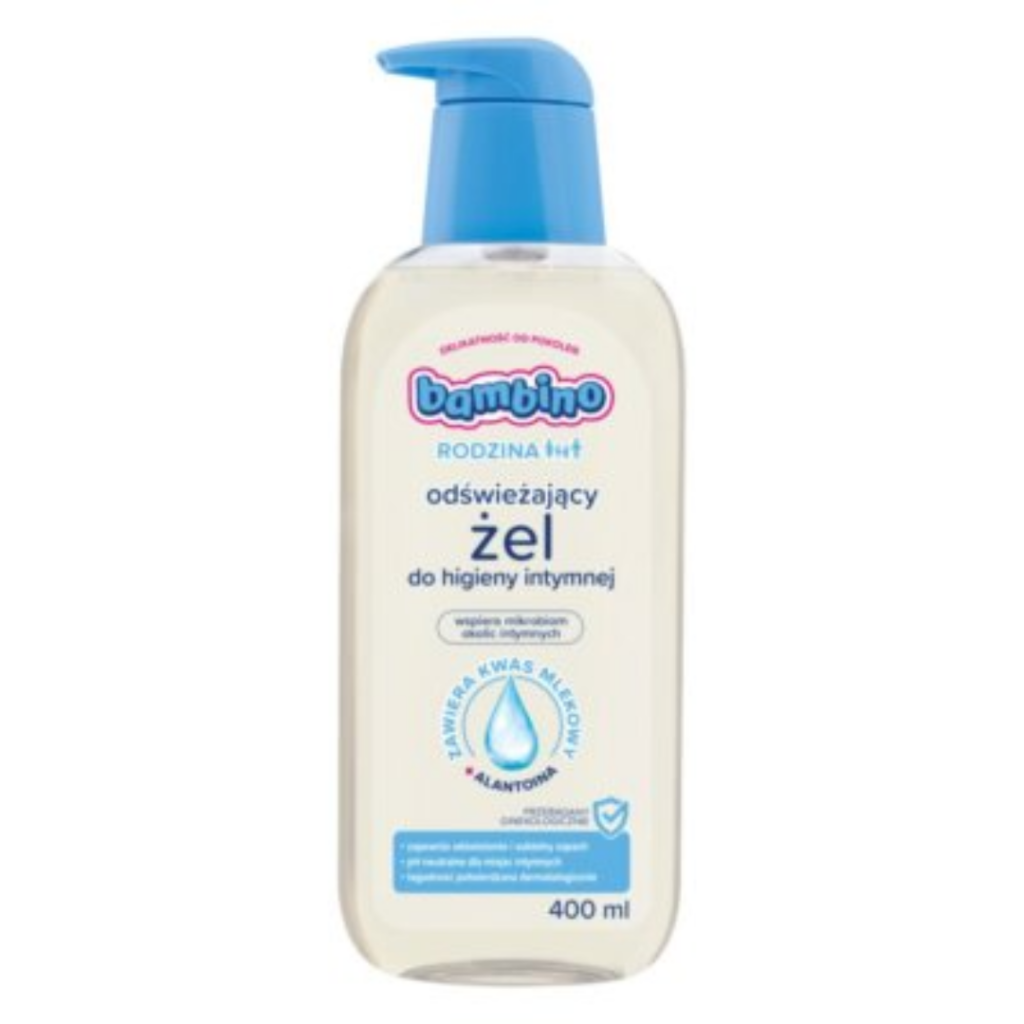Rennie Fruit (24 Tablets)
Rennie Fruit is used for the symptomatic treatment of ailments associated with hyperacidity of gastric juice, such as: heartburn, indigestion, flatulence, nausea, feeling of fullness or heaviness in the epigastrium, belching.
Active ingredienss: Calcium, Magnesium carbonas
Composition
The active substances are: calcium carbonate and magnesium carbonate heavy.
The other ingredients are: sucrose, pregelatinized corn starch, potato starch, talc, magnesium stearate, light liquid paraffin, sodium saccharin, orange flavor (orange oil, maltodextrin, water).
Dosage
Always take this medicine as described in the package leaflet or as directed by your doctor or pharmacist. Check with your doctor or pharmacist if you are not sure.
The recommended dose is:
Adults and children over 12 years of age:
1 to 2 tablets once, one hour after a meal and before bedtime.
Do not take more than 11 tablets a day.
Administration method:
- Take orally, tablets can be sucked or chewed.
- If you experience heartburn or acid pain, you may take one or two additional tablets between the usual dosing times.
- Long-term use of the drug should be avoided. Prolonged use of the drug and in high doses may cause side effects (see section 4).
If symptoms do not improve within 7 days or only partially improve, contact your doctor as tests are recommended to rule out a more serious condition.
Use in children
Rennie Fruit should not be used in children under 12 years of age.
If you take more Rennie Fruit than you should
If you take more Rennie Fruit than you should, stop taking the medicine and drink plenty of fluids.
The following symptoms of overdose may occur:
- nausea, vomiting, muscle weakness, drowsiness.
If symptoms are severe, seek medical advice as other means of rehydration (e.g. infusions) may be required.
Contraindications
When not to use Rennie Fruit:
- if you are allergic (hypersensitive) to the active substances or any of the other ingredients of the medicine (see section 6: Further information),
- if you have high levels of calcium in your blood (hypercalcaemia)
- if you have calcium kidney stones
- if you have severe kidney failure,
- if you have low levels of inorganic phosphate in your blood (hypophosphataemia).
Contents
The medicine is presented as white, square tablets with the inscription ‘Rennie’. The tablets are packed in blisters. The package contains 24 lozenges.
Storage method
Below 25°C
Manufacturerr
Warnings
This is medicine. For safety, use it according to the leaflet attached to the package. Do not exceed the maximum dose of the drug. If in doubt, consult your doctor or pharmacist.
Take special care with Rennie Fruit if:
- you have kidney failure; then you should regularly check the level of calcium, phosphate and magnesium in the blood,
- you have excessive excretion of calcium in your urine (hypercalcuria)
- the patient uses the drug for a long time and in high doses it may cause (especially in people with kidney failure) an increase in the concentration of magnesium and calcium in the blood and milk-alkali syndrome (a disease caused by the administration of excessive amounts of calcium compounds by mouth). This, in turn, can cause nausea, vomiting, passing large amounts of urine, increased thirst, dehydration, tiredness and disorientation and thinking disorders (so-called confusion); increasing the risk of kidney stones; muscle weakness.
Other medicines and Rennie Fruit
Tell your doctor or pharmacist if you are taking, have recently taken or might take any other medicines.
Rennie Fruit can affect how quickly and how well other medicines are absorbed. Therefore, all medicines, especially those listed below , should be taken 1 or 2 hours before or after taking Rennie Fruit.
- tetracycline antibiotics and other antibacterial drugs – quinolones,
- cardiac glycosides, such as digoxin, levothyroxine, eltrombopag,
- phosphates
- fluorides,
- iron preparations,
- thiazide diuretics.
Due to the increased risk of hypercalcaemia when thiazide diuretics are used concomitantly, serum calcium levels should be regularly monitored.
Taking Rennie Fruit with food and drink
The drug should be taken after a meal. The drug should not be taken with large amounts of milk or dairy products.
Pregnancy and breast-feeding
Ask your doctor or pharmacist for advice before taking any medicine.
Rennie Fruit can be used during pregnancy and breastfeeding. In such cases, the recommended doses should be strictly adhered to and used as indicated. The drug should not be taken for a long period of time.
Driving and using machines
No effect
Rennie Fruit contains sucrose.
One tablet contains 475 mg of sucrose. This should be taken into account in diabetic patients.
If you have been told by your doctor that you have an intolerance to some sugars, contact your doctor before taking this medicine.
This medicinal product contains approximately 0.17 mg sodium per tablet. To be taken into consideration by patients with reduced kidney function and patients on a controlled sodium diet.
Side effects
Like all medicines, Rennie Fruit can cause side effects, although not everybody gets them.
Rennie Fruit may cause the following side effects:
- hypersensitivity reactions (very rare reported); clinical signs may include rash, urticaria, angioedema and anaphylactic shock.
- nausea, vomiting, stomach discomfort and diarrhea.
- muscle weakness.
Long-term use of high doses, especially in patients with impaired renal function, may cause hypermagnesaemia (increased blood magnesium levels) or hypercalcemia (increased blood calcium levels) and alkalosis (increased blood base levels), which may cause gastrointestinal symptoms and muscle weakness (see above).
Symptoms of milk-alkali syndrome:
- taste disturbances;
- calcifications
- weakness;
- headaches;
- too much nitrogen in the blood (azotemia).
If you get any side effects, talk to your doctor or pharmacist. This includes any possible side effects not listed in this leaflet.




